Hill Cumorah
Golden plates containing what would become the Book of Mormon were believed to be buried on this New York hillside.
If you’ve seen the Broadway musical ‘Book of Mormon,’ you’ll be at least somewhat familiar with the story of Joseph Smith’s golden plates. It’s a story so significant to the Mormon faith it’s reenacted every July on a huge stage set up at the spot where it’s believed to have taken place: Hill Cumorah in Palmyra, New York.
Mormons believe Hill Cumorah to be the location of the final battle of the Nephites and the Lamanites, two groups descended from Israelites who, according to The Book of Mormon (the book, not the musical) sailed to the New World around 600 BC. It is said that the history of the Nephites was engraved on golden plates that were buried somewhere on the Hill Cumorah by a man named Moroni before the battle.
In 1823, the story continues, Moroni returned as an angel to deliver the plates to the founder of Mormonism Joseph Smith, who translated the text and published it as the Book of Mormon: Another Testament of Jesus Christ.
According to some Mormons though, the 283-acre, 110-foot tall drumlin (elongated hill) may not be the hill described in the book. They favor Cerro el Vigia, a hill thought to be in Mexico or South or Central America that supposedly more accurately fits the description in The Book of Mormon.
The Church of Jesus Christ of Latter Day Saints has no official position as to which hill is the true hill, but New York’s Hill Cumorah is the one that the LDS church sent missionaries to purchase in the early 20th century, and the one around which the yearly pageant named after it arose.
Originally performed by missionaries as part of the Cumorah Conference at the Joseph Smith Farm to celebrate Pioneer Day, the day Brigham Young arrived in Salt Lake Valley in 1847, the pageant today includes hundreds of participants, all Mormon church members (non-Mormons may not be in the show, but are welcome to attend), and significantly advanced production values, including fire and water effects.
The current incarnation, as of 1988, was written by Orson Scott Card, author of Ender’s Game, and features recorded music performed by the Mormon Tabernacle Choir and the Utah Symphony Orchestra. Scenes from Mormon legend are played out on a 10-level stage assembled on the hillside every summer. The narration and dialogue is also recorded, so the performers only have to memorize movements over the course of their weeklong rehearsal period. Donny Osmond played Samuel the Lamanite in 1997.
For most of the year, the hill is stage-less, and visitors are welcome to climb up to the statue of Moroni, the angel Joseph Smith claimed told him about the golden plates in 1823.
In 2018, Church leaders announced that the pageant would not be produced after the Summer 2020 production. That announcement was part of a general revision to their policy of supporting such pageants, with only three pageants being allowed to continue: in Nauvoo Illinois, in Mesa Arizona, and in England.
Know Before You Go
Take route I-90 in either direction to Exit 43, drive two miles north on Route 21, the Visitor’s Center will be on your right. It is run by missionaries who will talk about the importance of their faith. There are other historic Mormon sites in the area, like the Joseph Smith farm, the Sacred Grove, and the press where the first Book of Mormon was printed.
Dates of this year’s performances of the Hill Cumorah pageant can be found on the pageant’s website. Admission is free, parking is available. The pageant is frequently protested by anti-Mormon folks, who can be aggressive, but are easily avoided.


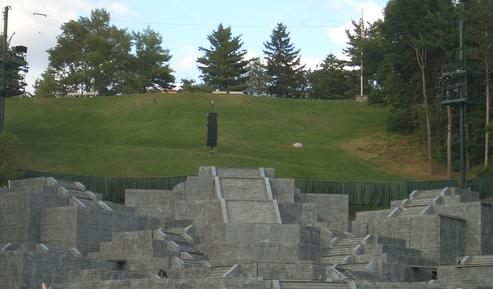

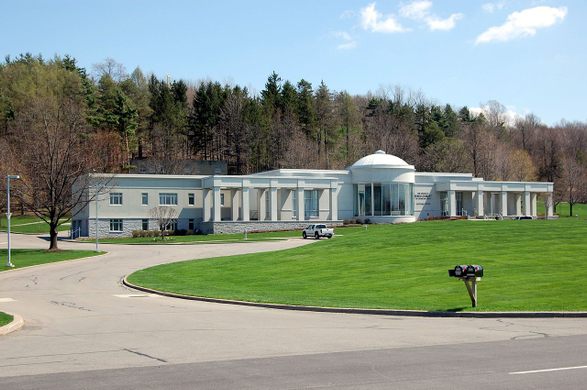
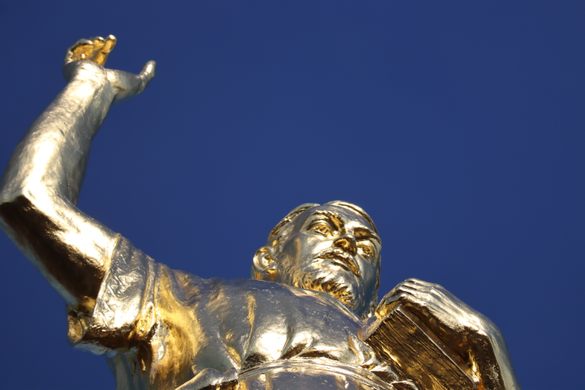
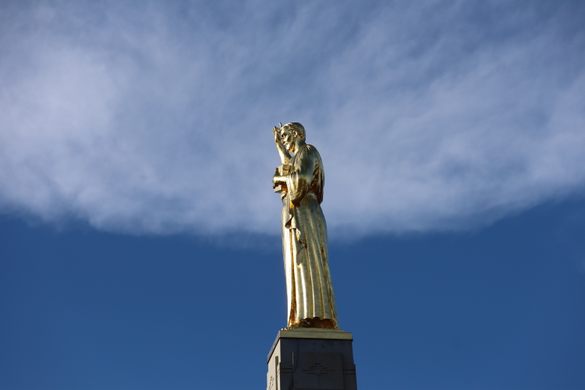






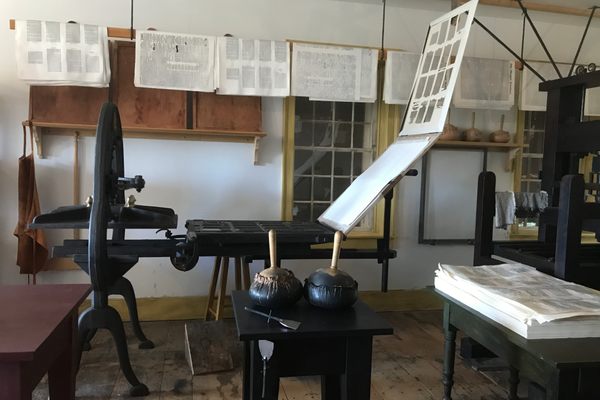
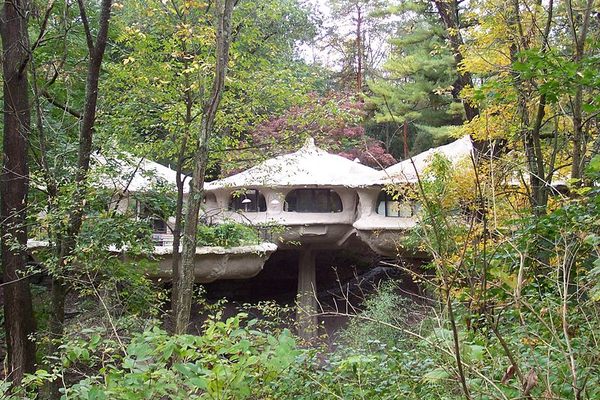
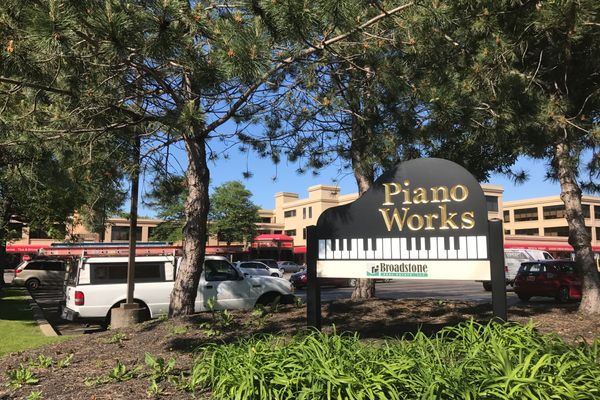
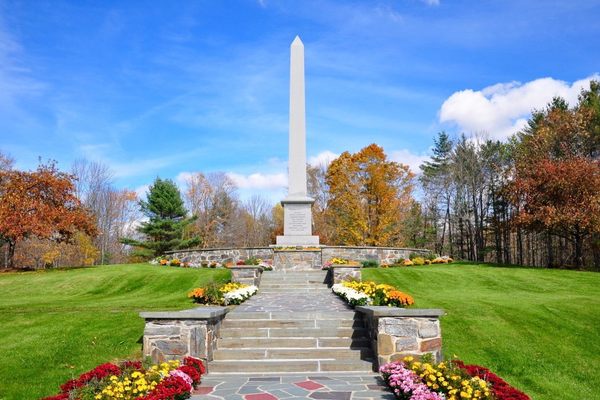

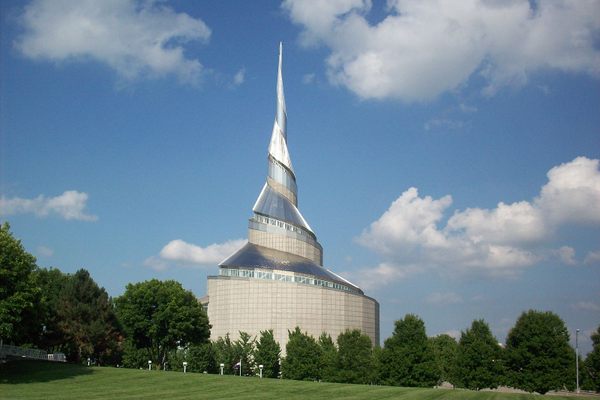

Follow us on Twitter to get the latest on the world's hidden wonders.
Like us on Facebook to get the latest on the world's hidden wonders.
Follow us on Twitter Like us on Facebook